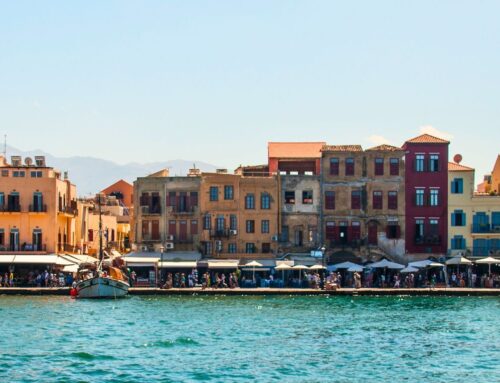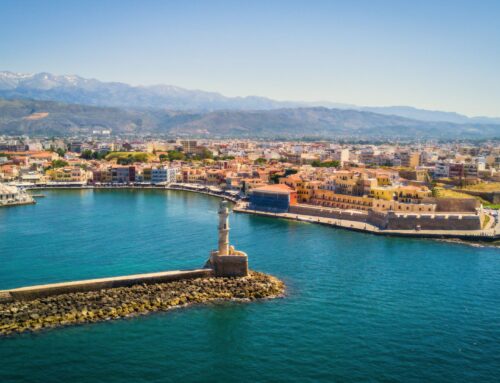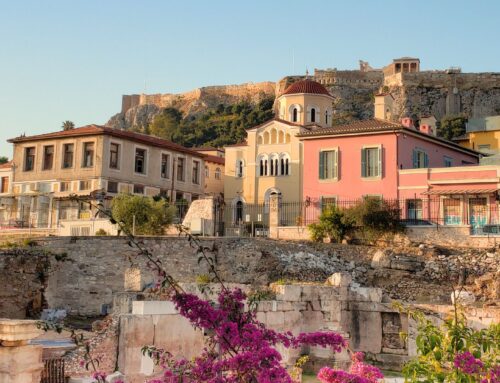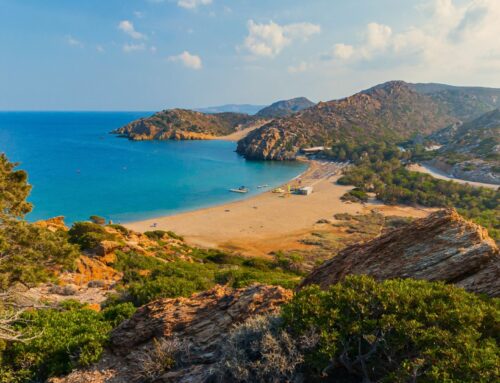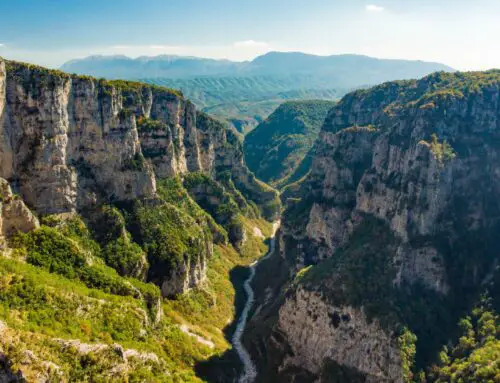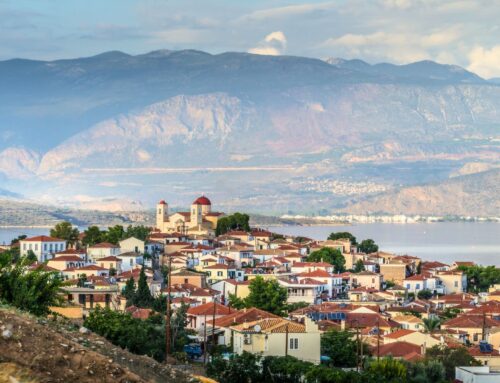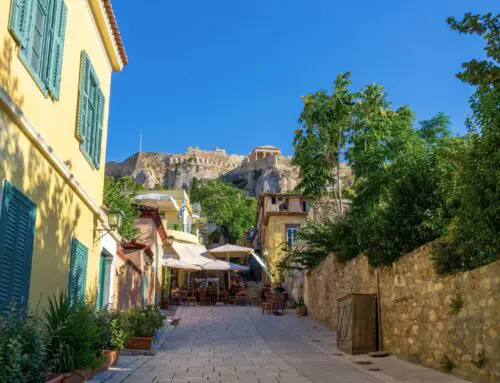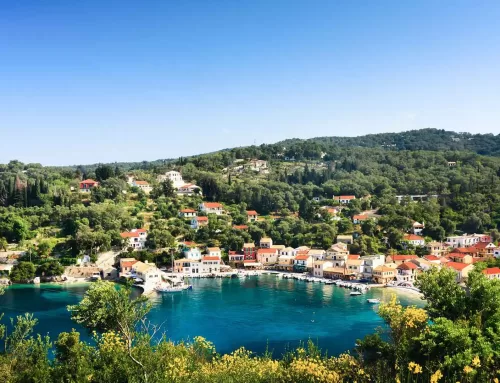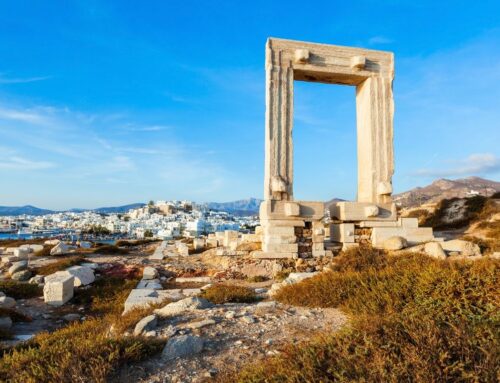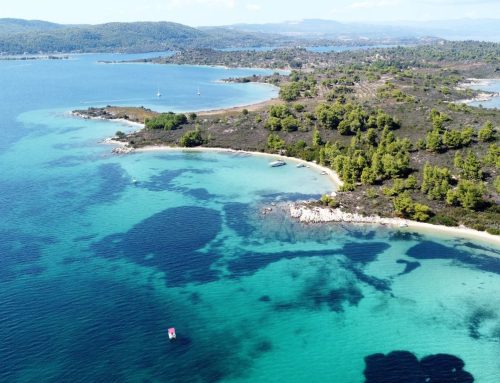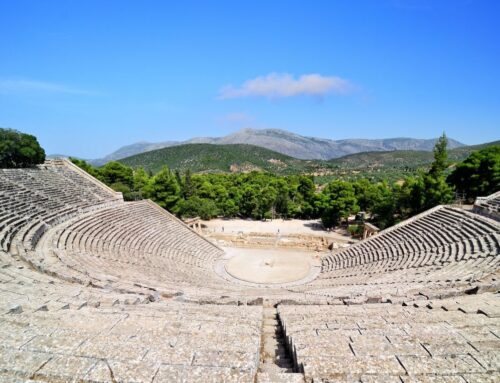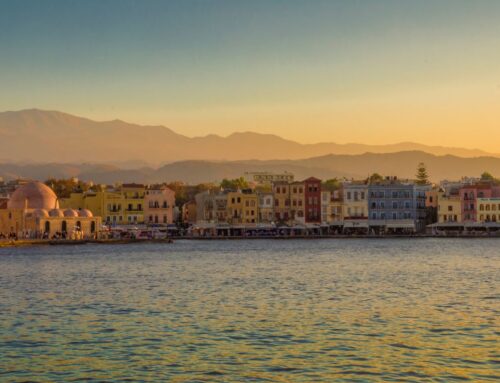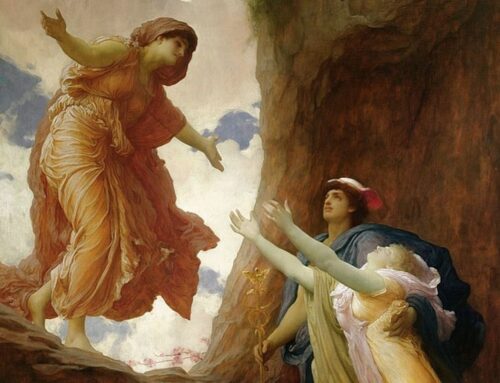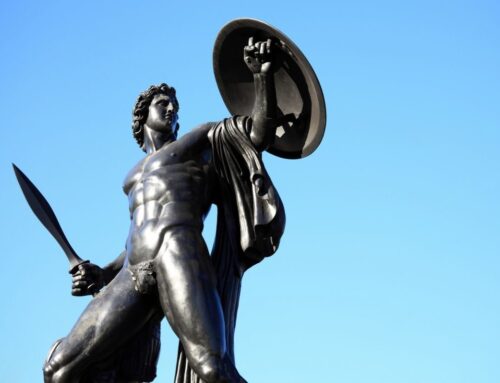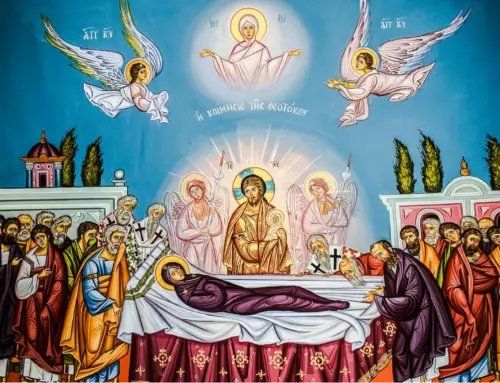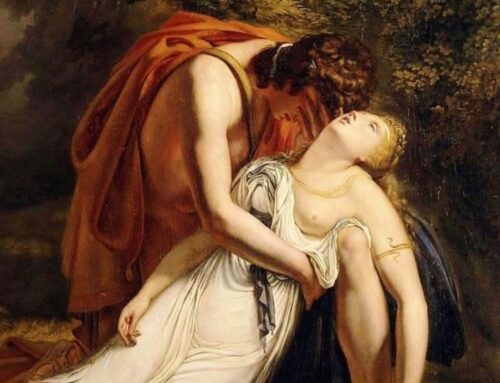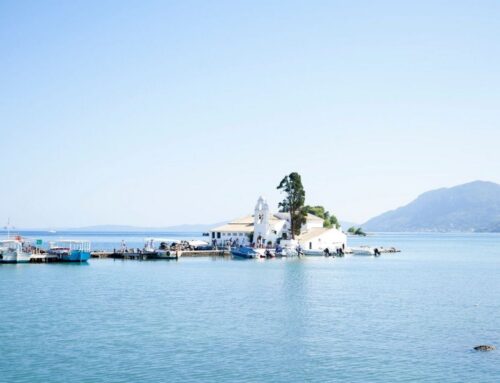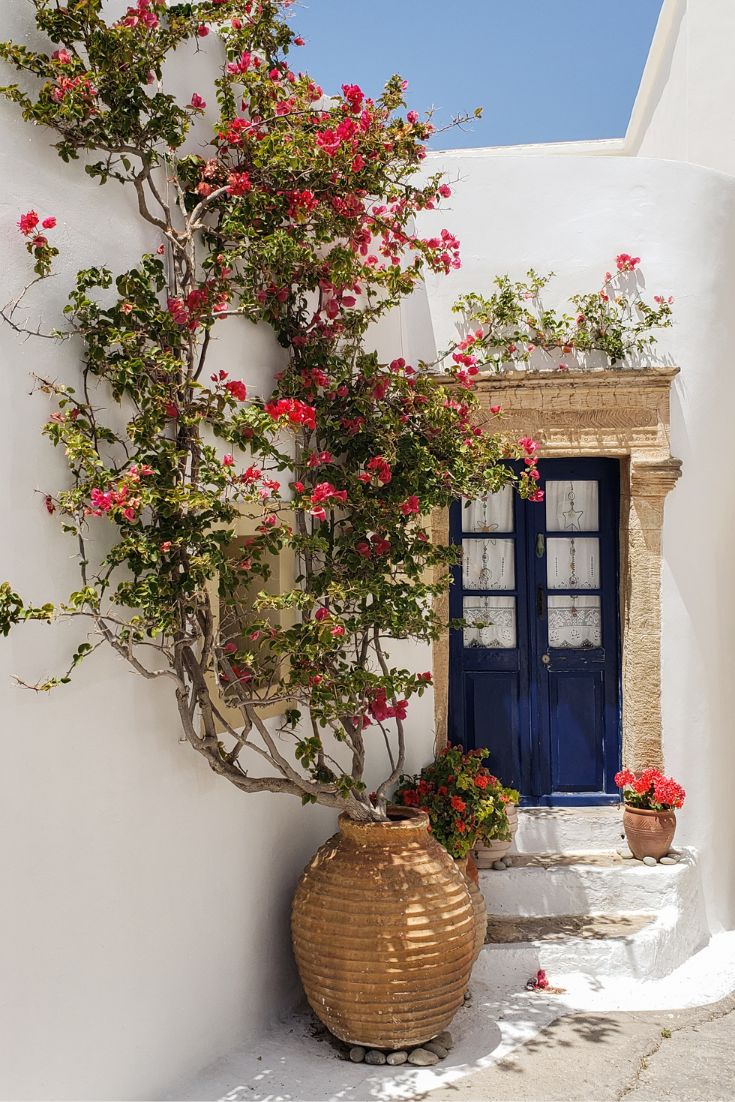Top 4 Greatest Modern Poets Of Greece You Should Know About
Top 4 Greatest Modern Poets Of Greece You Should Know About

☞ Table of Contents:
Some of the greatest poets of Greece you should read and learn more about. Greece is strongly related to the arts since its ancient times and poetry is one of these arts. As Robert Frost once said: “Poetry is when an emotion has found its thought and the thought has found words”. Famous poets of Greece found those words true and applied them in their work. In this post, we will let you know all about 4 of the most remarkable poets of modern Greece.
George Seferis (1900- 1971)
Quick Bio:
- Born: 13 March 1900 in Izmir Turkey
- Died: 20 September 1971, at the age of 71.
- Literary Style: Symbolism
- Awards: Nobel Prize in Literature
- Notable Works: “The King Of Asine”
George Seferis is one of the most important poets of Greece. His real name was George Seferiades but he used the pseudonym Seferis. He was born in Smyrna in 1900 and experienced all the difficult years of the catastrophe of Asia Minor. In 1914, his family moved to Athens, where they lived until Seferis graduated from high school.
Highlights
After high school, he decided to study law at the University of Sorbonne France. He remained in France until 1924, when he finished his Ph.D. Those years had a great impact on the conformation of his cultural identity, which affected his forthcoming poems and essays. By the end of his academic studies, he started his diplomatic career as an ambassador of Greece. Due to this, he spent many years of his life out of Greece, mainly in London, where he lived until 1962.
His love for literature and poetry became well-known in 1931 when he published his first volume named “Strophe” (Turning Point in English). That was the beginning of a long list of literary masterpieces published by the artist. He continued with the publications of “E Sterna” volume ( The Cistern, 1932), “Mythistorima” (1935), and “Logbook I”, “Logbook II”, and “Logbook III” (1940, 1945, 1955). Except for a talented poet, George Seferis was a distinguished author.
His style of writing is characterized by simplicity and symbolism. Simple writing, understandable for the readers, with many images, are some of the characteristics of his poems. Seferis had a preference for Homer’s myths and this is obvious by the many references that are found in his masterpieces. Also, the land of the Mediterranean is frequently mentioned.
Nobel Prize in Literature
In 1963, the Swedish academy recognized Seferis as a “representative Hellenic poet”, making him the first-ever Greek artist receiving a Nobel prize. The reason for this characterization derives from the thematology of Seferi’s work. The artist experienced one of the most disastrous moments of Greek modern history, the catastrophe of Asia Minor and the exile of the Greeks living there. At a young age, his family and he had to leave their homes and live in Smyrna and move to Greece, where they were considered as refugees. All these were the main inspiration for his poems. The main themes of his poems were isolation, exile, and death. Through his art, he tried to speak up about the harsh times that Greeks have been through.
☞ Related: 5 Iconic Greek Painters You Should Know About
Many of his poem collections are translated into English. The most famous is “George Seferis: Collected Poems”. In this particular, the translators Edmund Keeley and Philip Sherrard wrote about the artist:
“The distinguishing attribute of Seferis’s genius—one that he shares with Yeats and Eliot—was always his ability to make out of a local politics, out of a personal history or mythology, some sort of general statement or metaphor.”
Odysseas Elytis (1911 – 1996)
Quick Bio:
- Born: 2 November 1911 in Heraklion Crete
- Died: 18 March 1996, age 84
- Literary movement: romantic modernism
- Awards: Nobel Prize of Literature, National Literary Award
- Notable Works: “The Axion Esti”
Highlights
Odysseas Elytis was born on the 2nd of November 1911 in Heraklion Crete. His actual family name was Alepoudelis, but he decided to use the name Elytis because he wanted to dissociate himself from the family name and family business, as his family owned a soap industry. At the young age of 3, his family moved to Athens.
During his childhood, he traveled and lived in Europe, which was the source of his inspiration for his upcoming work of art. He admired Federico Garcia Lorca and Paul Elaurd; through their art, he discovered the cultural movement of surrealism. In early age, he expressed his love for the arts by publishing in the school newspaper poems and features.
During WWII, he fought in the mountain of Pindos against the Italians. Through wartime, his work helped Greeks fight harder for their freedom. His poem “Heroic and Elegiac Song for the Lost Second Lieutenant of the Albanian Campaign” (1945) was an anthem to freedom among the young soldiers. By the end of the war, he isolated himself from the literature world and took 15 years to write and publish something new. With this absence, the artist wanted to state his opposition to the Greek Civil War and the unstable political scenery during that period.
His first publication was the volume “Orientations” or as it is said in Greek “Orizontes” in 1939. Until the end of his life, he published more than 15 poet volumes and proses. Following the romantic modernism of European artists, his poems were all about love, freedom, and lyricism. But what you will realize reading the poems of Elytis, you will recognize the strong elements of Greek traditions and Aegean blue, which the artist loved deeply. As a man of the arts, he entered into painting as well.
Nobel Prize Award – “Axion Esti”
In 1959, the artist published the long poem “Axion Esti”, which is considered to be his masterpiece and his key to the Nobel Prize award. The title of the poem is translated into English as “Worthy It Is” and is about his existence as a human being by the existence of Greek identity and Greek people. In 1964, great composer Mikis Theodorakis decided to set it into music.
In 1979, the Swedish Academy decided to honor Odysseas Elytis with the Nobel Prize in Literature as one of the most important poets of Greece. The organization stated that Elytis was awarded “for his poetry, which, against the background of Greek tradition, depicts with sensuous strength and intellectual clear-sightedness modern man’s struggle for freedom and creativeness.”
Konstantinos P. Kavafis (1863-1933)
Quick Bio:
- Born: 29 April 1863 in Alexandria Egypt
- Died: 29 April 1933
- Literary Movement: Symbolism
- Awards: none
- Notable Work: “Ithaka”
Highlights
Konstantinos Kavafis was born in Alexandria city of Egypt in 1863. During that time many Greeks were living in Egypt. He lived a bounteous childhood until the financial loss of his father’s business. He spent his youth moving from Egypt to England and Constantinople. All these places had played an important role in his artistic development in poetry. In 1907 he moved to Alexandria and stayed until his last days. During his stay in Alexandria, he wrote the most distinguished poems and essays. His first poems are dated back to the years of his staying in Constantinople. The atmosphere and scenery of the city were an inspiration for him. But these poems were never published. Kavafis had his own way of publishing his work. He used to print privately his poems and distribute them to close friends and family. His first collective volume of poems was published after his death in 1935 by Mrs. Rika Sengopoulou.
The number of Kavafi’s written poems is 154. Apart from those, he wrote and composed 75 more poems, which remained unpublished, and 27 poems, which were printed by the artist between 1886 and 1898 but were renounced by the poet. As Kavafis himself noticed, his poems are sorted into the following 3 categories: historical, philosophical and hedonic. Kavafis produced a great collection of essays as well.
Kavafis is one of the most famous Greek poets, who actually didn’t live in Greece. He is characterized as the most original and influential Greek poet of the previous century. His work has been translated into many languages and people worldwide adore his exceptional work as an artist of words.
Here is my favorite poem of Kavafis “Ithaka”:
“…And if you find her poor, Ithaka won’t have fooled you. Wise as you will have become, so full of experience, you will have understood by then what these Ithakas mean.”
Kiki Dimoula (1931- 2020)
Quick Bio
- Born: 6 June 1931, in Athens
- Died: 22 February 2020
- Literary Style: Symbolism
- Awards: National Literature Award
- Notable Works: “Poems”
Highlights
Vasiliki Radou, which was the real name of Kiki Dimoula, was a famous Greek poet who was born in Athens and originated from Kalamata city in the Peloponesse. Her entire adult life she worked as an employee for the Bank of Greece. Her first poems were printed in the magazine “Kyklos”, which was owned by her employer. In 1952, Dimoula published her first volume named “Poems” or “Poiimata”, as it is said in Greek. Later on, she rejected it and withdrew it from circulation. Since then, she published 14 volumes, with the last one in 2010. During her poetry career, she received many awards such as the Second State Poetry Award for The Little of the World in 1972; the First State Poetry Award for Farewell Never in 1989; the Athens Academy’s Kostas and Eleni Ouranis Award for Lethe’s Adolescence in 1995; and the Athens Academy’s Literary Aristeio for her entire oeuvre in 2001. Kiki Dimoula became a full member of the Athens Academy in 2002.
Her poems have been translated into many languages such as English, French, Spanish, Italian, German, etc. In 2009, she received the European Prize for Literature. Her literary movement is affected by K.P. Kavafis, with main elements in her poems to be the strong imagery and the narrative style.
- All the poets of Greece mentioned in this post have played an important role in the development of poetry not just in Greece but worldwide as well. Let us know in the comments below, which one of the poets is closer to your preferences and if you have already read any of their works!
*Disclaimer: This page might include affiliate links. If you decide to book something through one of them, I might get a little bonus, but it won't cost you anything extra.*


